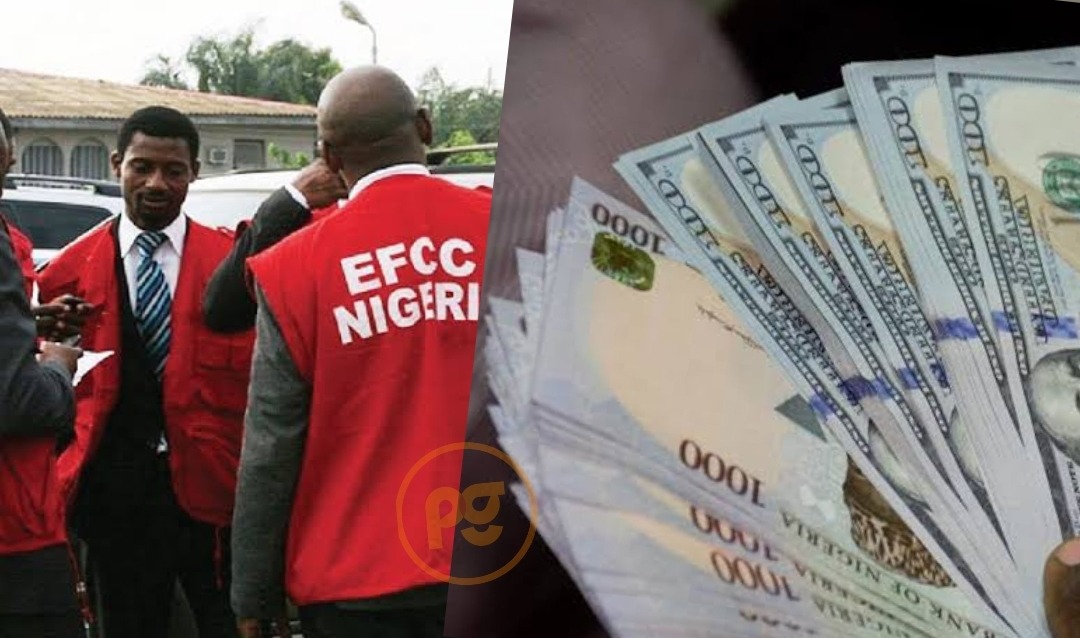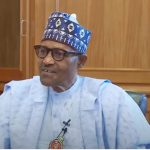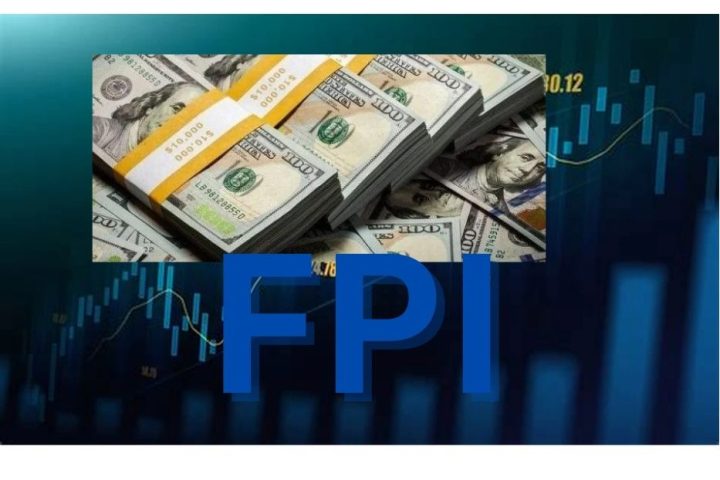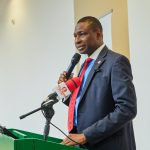The Nigerian naira hit a new low against the US dollar on Monday, sparking concern among citizens as the currency continued its downward spiral in both official and parallel foreign exchange markets.
At an alarming rate of N1,730/$ in the parallel market, citizens expressed frustration over the financial instability plaguing the nation.
Join our WhatsApp ChannelSpeculation and high demand for dollars, driven by various needs including business, tourism, education, and health expenses, were cited as major factors behind the naira’s depreciation. Black market traders reported overwhelming customer demand for dollars, exacerbating the situation.
One Abuja-based black market trader, Abubakar Taura, commented, “Customers are demanding the dollars so much and it is affecting the market rates.”
READ ALSO: Naira Weakens As Dollar Sales Plunge In Nigerian Forex Market By $252m To $84.1m
In response to the worsening situation, the Economic and Financial Crimes Commission (EFCC) conducted raids on Bureau De Change (BDC) operators’ outlets in Abuja, arresting suspected currency speculators. The EFCC crackdown was prompted by concerns that illegal activities in the forex market were exacerbating the naira’s decline.
Malam Ibrahim, a BDC operator in Wuse Zone 4, Abuja, confirmed the raid, stating, “Yes, it is true, we are currently selling above N2,000 for the pounds and it is still about the heavy and consistent demand for these currencies.”
Reports indicated that over 50 BDC operators were arrested during the EFCC operation in Wuse Zone 4. The EFCC personnel, arriving in vans, cited the need to sanitize the market amidst the naira’s freefall against major currencies.
“Around 3 p.m. on Monday, officers of EFCC raided Wuse Zone 4 and arrested over 50 of our members,” revealed Abubakar Taura, a BDC operator in the area.
However, the EFCC’s actions stirred controversy, with questions arising about the efficacy of targeting BDC operators to address the naira’s depreciation. As of press time, the EFCC’s reported arrests had not been independently verified.
The widening gap between official and parallel market rates, reaching N156 or 9.91%, raised concerns about round-tripping and further economic instability. Efforts by the Central Bank of Nigeria to bolster forex supply through policy interventions appeared to have limited impact, highlighting the challenges facing Nigeria’s currency management.
With the naira’s continued decline and the EFCC’s crackdown on currency speculators, Nigerians brace themselves for further economic turbulence, hoping for measures to stabilize the currency and restore confidence in the financial system.
Emmanuel Ochayi is a journalist. He is a graduate of the University of Lagos, School of first choice and the nations pride. Emmanuel is keen on exploring writing angles in different areas, including Business, climate change, politics, Education, and others.


















Follow Us